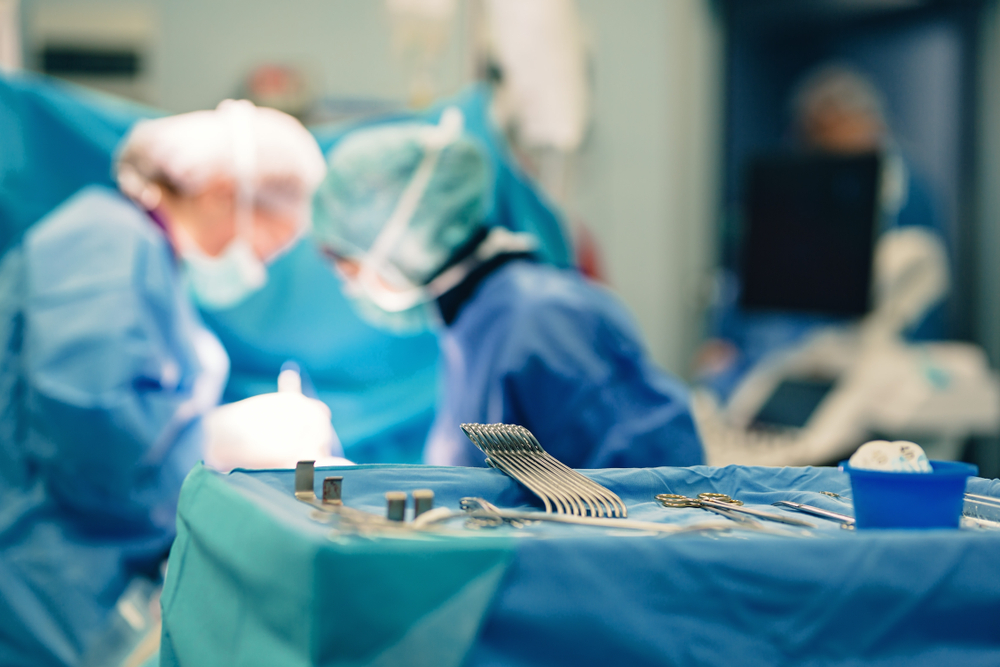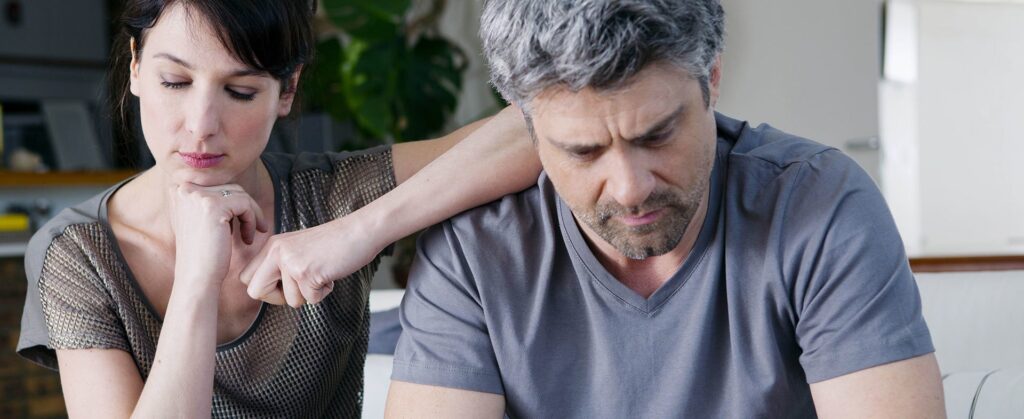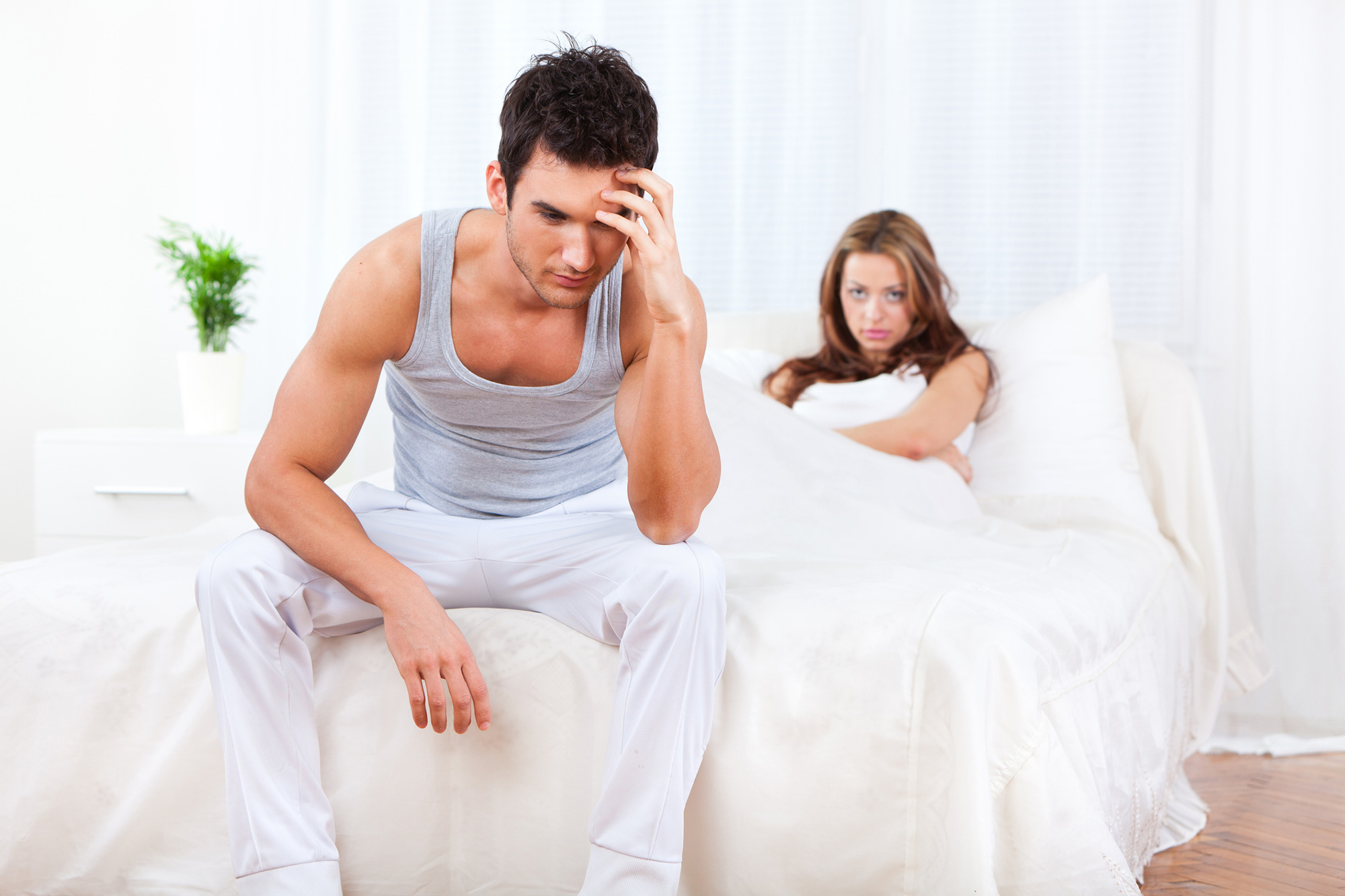A vasectomy is a common and effective method of permanent birth control for men. While it’s a straightforward procedure with a high success rate, many men have concerns about how it might impact their sexual health—particularly their libido.
In this blog, we’ll explore whether getting a vasectomy affects your libido, and discuss what changes, if any, you can expect after the procedure.
What Is a Vasectomy and How Does It Work?
A vasectomy is a permanent male contraception method that prevents sperm from reaching semen. During the procedure, the vas deferens—tubes carrying sperm from the testicles—are cut, sealed, or blocked. This ensures sperm is no longer present in the ejaculate, eliminating the possibility of fertilizing an egg.

The procedure is minimally invasive, performed under local anesthesia, and can involve small incisions or a no-scalpel technique for quicker recovery. Sperm production continues after a vasectomy but is reabsorbed by the body naturally.
Recommended: Does Sermorelin Increase Libido?
Vasectomy does not affect testosterone, sexual function, or ejaculation, making it a safe, effective option for men certain about not having more children.
Understanding Libido
Libido, or sexual desire, is influenced by a combination of physical, psychological, and social factors. Hormonal levels play a central role, with hormones like testosterone, estrogen, and dopamine directly affecting sexual desire. Fluctuations in these hormones due to age, pregnancy, menopause, or medical conditions can cause noticeable changes in libido.
Physical health also has a significant impact. Chronic illnesses, fatigue, and medications, such as antidepressants or contraceptives, can suppress libido, while maintaining a healthy lifestyle with adequate sleep, exercise, and nutrition often supports a stronger sex drive.
Mental well-being is another critical factor. Stress, anxiety, depression, and low self-esteem can dampen sexual desire, as emotional health is closely connected to intimacy. Similarly, relationship dynamics, including emotional connection, communication, and unresolved conflicts, shape sexual interest and desire within a partnership.
Recommended: Best Underwear After a Vasectomy: Top 5 Types
Lifestyle choices, such as smoking, excessive alcohol consumption, or lack of physical activity, can negatively affect libido, while healthier habits enhance it. Understanding these factors helps individuals recognize and address libido-related concerns, fostering a more satisfying intimate life.
The Psychological Impact of Vasectomy on Libido
The psychological impact of a vasectomy on libido can vary from person to person, with some individuals experiencing changes in their sexual desire and function, while others do not. A vasectomy, a surgical procedure for male sterilization, involves cutting or sealing the vas deferens to prevent sperm from mixing with semen. Though the procedure is not supposed to affect sexual performance, there can be psychological effects that might influence libido, including:
Relief from Concerns About Pregnancy
For many men, the procedure offers peace of mind regarding unintended pregnancies. This sense of relief can positively affect libido, as anxiety around pregnancy concerns decreases, leading to more relaxed and enjoyable sexual experiences.
Psychological Effects of Masculinity

Some men may experience a shift in their sense of masculinity after a vasectomy, as it directly impacts their reproductive capabilities. In rare cases, this might lead to feelings of diminished virility, leading to reduced sexual desire or performance anxiety, particularly if they associate fertility with their identity.
Fear or Misconceptions
Some men might fear that their sexual drive or abilities will be compromised by the surgery. These worries are often based on misconceptions, as a vasectomy does not affect testosterone production or the ability to have an erection. However, anxiety related to these fears can lead to a temporary decline in libido.
Recommended: What Does a Vasectomy Scar Look Like?
Changes in Relationship Dynamics
A vasectomy may also influence sexual dynamics within a relationship. For example, if one partner has strong emotional or physical reactions to the procedure, it can create tension or misunderstanding, which could affect intimacy and libido.
Post-Operative Recovery
Physical discomfort or pain after the procedure can also temporarily affect libido. Swelling, bruising, or soreness might lead to a decrease in sexual desire until recovery is complete.
In summary, while a vasectomy itself does not directly affect libido, the psychological and emotional responses to the procedure can lead to temporary changes in sexual desire. It is important for men to communicate openly with their partners and healthcare providers to address any concerns they may have about the procedure and its potential psychological effects.
Immediate Effects of Vasectomy on Libido
After a vasectomy, most men do not experience any direct negative effects on libido. Since the procedure does not interfere with testosterone production or sexual organs responsible for arousal, a man’s sex drive remains intact. However, it’s normal to have temporary changes due to physical and emotional factors.

In the days following the procedure, mild discomfort or swelling in the scrotum may make sexual activity less appealing. This is typically short-lived and resolves within a week or two. Some men may also experience temporary anxiety about their recovery or the procedure’s impact on their performance, which can momentarily affect libido.
Recommended: Can Ejaculating Too Soon After a Vasectomy Damage It?
Once fully healed, many men report feeling relieved and more relaxed, knowing they no longer have to worry about unplanned pregnancies. This emotional reassurance often leads to increased confidence and an enhanced libido. With proper care and rest during recovery, any immediate effects on libido are minimal and temporary.
FAQs About Vasectomies and Libido
1. Will a vasectomy affect my libido?
No, a vasectomy does not impact testosterone levels or the hormones that regulate sexual desire, so your libido should remain unchanged.
2. Can a vasectomy impact sexual performance?
A vasectomy does not affect your ability to achieve or maintain an erection, ejaculate, or experience pleasure during intercourse.
3. Will I feel less masculine after a vasectomy?
Some men worry about their masculinity after a vasectomy, but the procedure does not affect testosterone production or male physical traits.
4. How long should I wait before resuming sexual activity?
Doctors typically recommend waiting about one week after the procedure to allow proper healing. Always follow your doctor’s advice.
5. Can a vasectomy increase my sexual confidence?
Yes, many men report feeling more relaxed and confident after a vasectomy because it eliminates the stress of unintended pregnancies.
Recommended: Do Men Still Feel Pleasure After a Vasectomy?
6. Are there any long-term sexual health effects?
Vasectomies have no long-term negative effects on sexual health, libido, or performance when done correctly.
7. What if I experience a drop in libido after the procedure?
A temporary decrease in libido might occur due to anxiety or physical discomfort but should resolve as you heal. If concerns persist, consult your doctor.
General Conclusion
A vasectomy is a safe and effective form of permanent contraception that typically does not affect libido or sexual performance. While the procedure may cause temporary discomfort and emotional adjustments during recovery, it does not alter testosterone levels or the ability to enjoy sexual activity. Many men report increased sexual confidence and relief from contraception-related stress after the procedure. By preparing properly, following recovery guidelines, and maintaining a healthy lifestyle, men can ensure a smooth recovery and preserve their libido. Overall, a vasectomy is a reliable solution for men who are certain about not wanting more children, offering both physical and emotional benefits in the long term.
